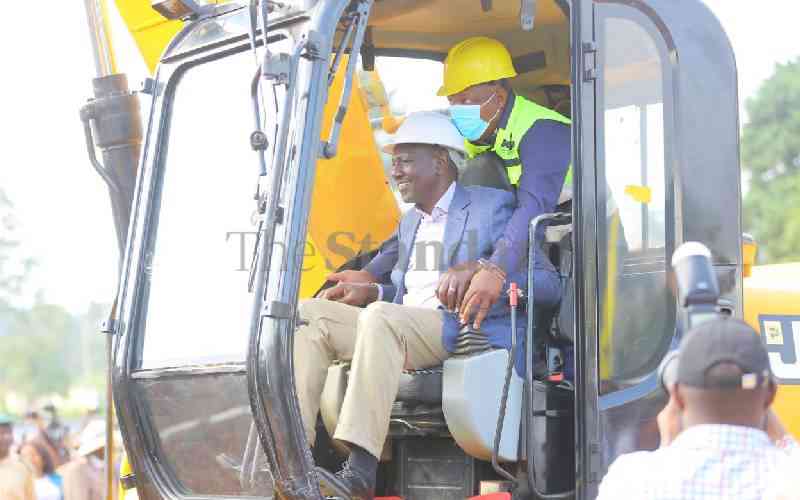×
The Standard e-Paper
Smart Minds Choose Us

President William Ruto is banking on enhanced cooperation between Kenya and her East African neighbours to increase trade and market access for Kenyan goods and services.
Such engagements could see the region establish a pooled procurement model of medicinal products and health technologies, and jointly push for free trade area agreements with other nations and economic blocs.